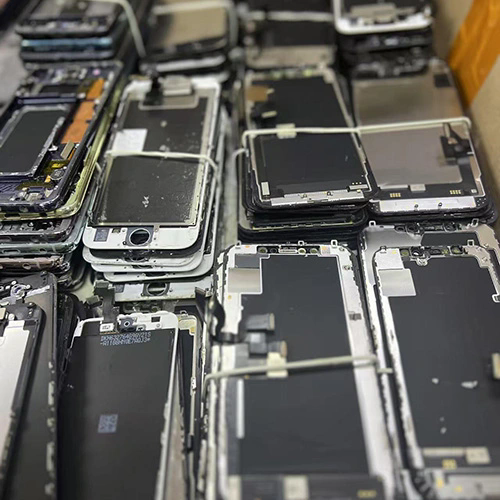LCD Buyback: A Smart and Sustainable Solution for Businesses
2025-06-20
As technology advances rapidly, businesses and consumers frequently upgrade their electronic devices, resulting in a growing accumulation of outdated or unused LCD (Liquid Crystal Display) screens. LCD buyback programs have emerged as an effective and environmentally responsible way to manage this surplus, turning obsolete screens into valuable resources while promoting sustainability.

What is LCD Buyback?
LCD buyback refers to the process where companies or individuals sell their used, surplus, or damaged LCD screens back to specialized vendors or recyclers. These buyback programs provide fair market value for LCD panels from monitors, laptops, TVs, smartphones, and industrial equipment, offering a convenient way to dispose of unwanted inventory or end-of-life products.
Benefits of Participating in LCD Buyback
1. Financial Returns
Instead of discarding old LCD screens, businesses can recover a portion of their investment by selling them through buyback programs.
2. Environmental Responsibility
LCD buyback promotes recycling and proper disposal, reducing electronic waste (e-waste) and preventing hazardous materials from polluting the environment.
3. Space Optimization
Clearing out unused or obsolete LCD inventory frees up valuable storage space, improving operational efficiency.
4. Simplified Asset Management
Buyback programs often include logistics support, making it easier to collect, transport, and process large volumes of screens.
How LCD Buyback Works
Assessment: Vendors evaluate the condition, model, and market demand of the LCD screens.
Quotation: A price offer is provided based on the assessment and current market trends.
Collection: Arrangements are made for pick-up or delivery of the LCD units.
Payment: After verification, sellers receive payment promptly.
Recycling or Refurbishing: Buyback companies refurbish usable screens or responsibly recycle materials.
Applications and Industries
Electronics manufacturers and refurbishers
IT asset disposition (ITAD) services
Retailers and wholesalers
Educational institutions and corporate offices
Medical and industrial equipment providers
Choosing a Reliable LCD Buyback Partner
To maximize value and ensure environmental compliance, it’s essential to select reputable buyback vendors who:
Follow proper e-waste recycling regulations
Provide transparent pricing and contracts
Offer secure data destruction if applicable
Handle logistics efficiently
Conclusion
LCD buyback is a win-win strategy that benefits businesses financially while supporting sustainable electronic waste management. By participating in buyback programs, companies can reduce their environmental footprint, optimize resources, and contribute to a circular economy. As demand for electronic devices grows, LCD buyback will continue to play a vital role in responsible technology lifecycle management.


